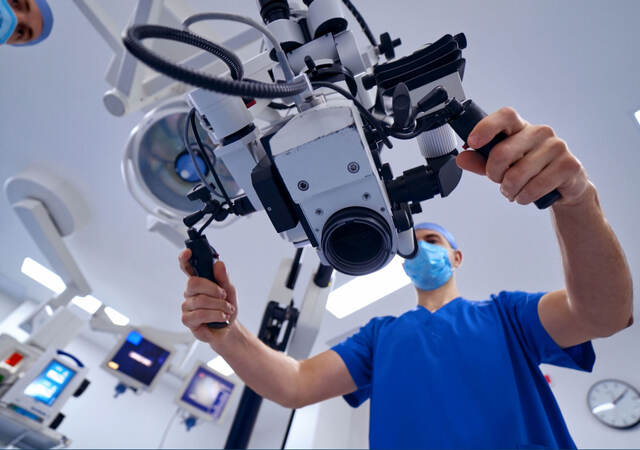July 19, 2023
User research: What it is and why it’s important
When I teach human factors to college students and industry folks, I particularly enjoy talking about user research. I state that conducting user research is important to product development and further clarify that user research goes by many names, including ethnographic research, market research, contextual inquiry, and voice of the customer (VOC) research. All of these are different flavors of the same basic thing: getting to know the people who will use a given product and understanding their specific, related needs.
My experience with user research activities
Throughout my career, I’ve had the privilege of observing and interviewing people involved in a wide range of activities, including operating a nuclear power plant, an anaesthesia machine, a stepladder, and a mascara applicator, to better understand their needs with the goal of developing safe, satisfying and innovative products. In particular, I’ve found my research involving people diagnosed with medical conditions, including chronic ones, important and intrinsically rewarding.
One of my most profound user research experiences involved patients at a hemodialysis clinic. I visited one in the Chicago area to learn about the challenges posed by routine hemodialysis to identify potential opportunities for improvement in self-administering therapy at home. Patients openly shared perspectives and told stories that prepared me to work on the products that serve their needs, and some brought me close to tears.
Patients spoke about the agonies of hemodialysis, both physical and mental, despite the best efforts of their caregivers — mostly dialysis technicians. They described being in a mental fog before treatment due to the build-up of toxins and fluid in their bodies and that followed them after. They described the tremendous fatigue that plagued them immediately after treatment; a hangover of the medical sort. They explained that there is a small window of time that occurred maybe three or more times per week when they are feeling OK between treatments. The arduousness of long commutes from their homes to the closest clinic, which many on the outside would assume as a high-priority pain point, seemed to be the least of their concerns, yet it remains a logistical challenge and unwelcome expense.
I sympathized with the patients, realizing I could not understand the pain that they endured from the large needle inserted into their surgically produced fistula (a large vein allowing higher volume blood flow). I noted the tedium of patients having to sit still — or perhaps drift off for intermittent sleep — in a chair for hours on end. The time required for treatment, deliberately slow-paced to reduce the likelihood of cramping and blood pressure issues, is a major drain on a hemodialysis patient’s life. Time away from their jobs. Time away from their families.
How user research drives successful product development
Observing and speaking with these patients was invaluable in gaining a comprehensive understanding of the complexities of their treatment experience. Using user research and human factors to drive successful product development illuminates gaps between the pain points these patients felt most strongly and the ways in which current products addressed them (if at all), which in turn enabled me to generate solutions that would more effectively meet their needs.
While tight product development timelines and budgets might make it tempting to deprioritize user research, the upfront effort to conduct this research — even just a small amount of it — will always pay off in the long term. Bringing potential users' voices into the conversation early and often will help ensure that the products and solutions you develop fit within the context of their lives and have a lasting positive impact.
Michael Wiklund is Leader, Life Sciences Industry Practice, UL Solutions
Get connected with our sales team
Thanks for your interest in UL's products and services. Let's collect some information so we can connect you with the right person.







